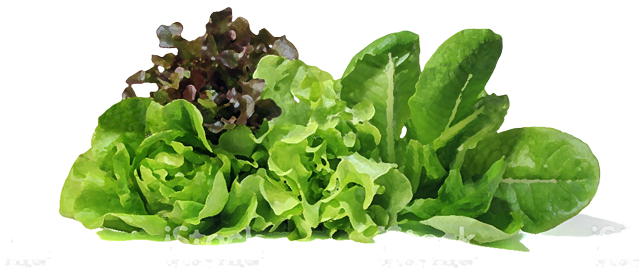Food Scares – Product, Press and Social Media
26th July 2016
The press and social media can become scary pointers of fingers for producers during food scares. How can we protect produce from these incidents?

In the food industry we have a slightly wary relationship with the UK press. Historically the UK press have always pounced on food incidents and turned them into food scares overnight. The horsemeat scandal continues to be mentioned in the UK press today (three and a half years after it happened). There have been, to date, over twenty one thousand mentions of the horsemeat scandal in mainstream articles. How many of these were factually one hundred percent correct and how many really added value to the debate or helped British consumers understand their meat products better?
Nowadays social media plays an active role in food scares as well as the press. Social media allows global communication on issues and means that updates can be shared quickly and easily. It hands a level of control back to the consumer. The downside of social media’s involvement in food incidents is that it can be hard to track back misleading or factually incorrect statements. Social media platforms make it hard for companies to contain negative publicity and expose companies to the risk of unauthorised employees speaking on their behalf.
In fresh produce we are all hyper aware of the risk of food scares, there are strict regulations and guidelines for farming which every farmer I have ever met follows to the letter. Noone wants to produce dangerous food. Fresh produce is grown outside and is often eaten raw so there is a small inherent risk compared to other foodstuffs as processing is minimal and there is no kill step. We may all be paranoid but it can feel like the press and the food safety agencies can, because of this small inherent risk, be very willing to blame produce straight off. There have been precedents for industries and farms losing business and livelihoods because of this. The biggest and most public example in recent years would be the Spanish organic cucumber incident.
The outbreak of E.coli 0104:H4 in Germany in 2011 is on the records as the deadliest bacterial foodbourne outbreak in Europe and the deadliest E.coli outbreak anywhere. It caused 53 deaths during May and June 2011. The German authorities initially blamed Spanish cucumbers for it due to finding a different strain of E.coli on some cucumbers before eventually linking the strain causing the outbreak to an organic farm selling bean sprouts in Germany. It was further traced back to an import of Egyptian fenugreek seeds.
The cucumber farms in question, both in the Andalusia region of Spain, were shut down for a period and all their produce destroyed. The financial losses were crippling as other European countries began to cancel orders of Spanish product. The Spanish agricultural minister ate one of the implicated cucumbers live on television and a compensation claim was put through the EU courts. Although the German ministers defended themselves as having to alert the public to their suspicions it was an expensive mistake and the press reported on it for years. Like the horsemeat scandal it is still talked about today.
When produce is incorrectly blamed in the press (which then spreads via social media) it can be easy for us working in fresh produce to feel attacked and aggrieved. In an era marked by an impeding obesity problem and massive government spending on ‘5 a day’ campaigns it seems counter-intiative to make people scared to eat raw food and leafy green vegetables. However, I think all of us would serve our industry better by trying to address our small inherent risk in a different way than being defensive. I also speak from experience as we have only just been released from FSA testing in the recent mixed lettuce E.coli 0157 food scare. A very tentative and qualified suggestion from the FSA that there was a suspicion that Italian rocket may to be blame saw the UK press run with it like Boris Johnson at that Japanese school boy.
We need to recognise our lack of kill step and the fact that many of our products are best enjoyed raw and come up with solutions. That is our only way to protect ourselves against the desire for hysteria among the press for food incident stories. How can we use processing aids to make our produce safer without damaging or altering our produce? We are as an industry already ‘on this’ and there are many new technologies coming on to market place daily that people in produce are trialling and researching. We can do this and we must. Then we can truly move the dialogue on. The health giving properties of our planet’s humble plants are amazing and we cannot let food scares erode the population’s willingness to benefit from them.
So, what do you reckon we’ve been up to? Watch this space…
More news
